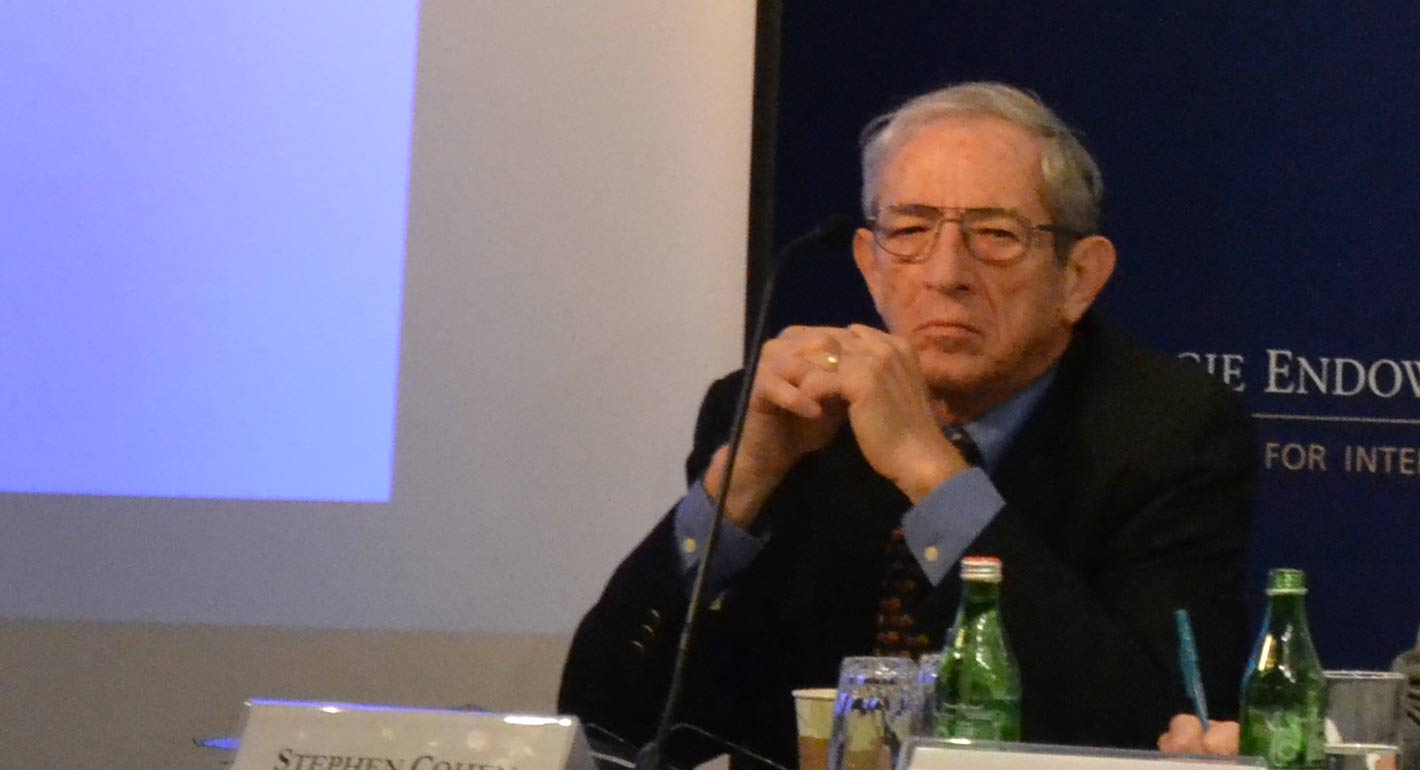Source: South Asia Monitor
Everyone who studies national security in South Asia is deeply in Steve Cohen’s debt. He virtually inaugurated the discipline with a series of path-breaking and still enduring works on the modern Indian and Pakistani armies, which laid the foundations for treating them as major institutions worthy of scholarly study.
Long before India’s rise was perceptible, Steve and Richard Park had already inquired into its possibility in a small, but fecund analysis, published as early as 1979—at a time when most observers could only perceive an India mired in crisis.
Over several decades, Steve not only wrote prolifically about national security in India and Pakistan, but he taught an entire generation of scholars how to think about these issues—how to sympathetically combine empiricism with strong conceptual foundations in ways that mark the best research in the social sciences.
Although he was the doyen of South Asian security studies in the United States, Steve wore his learning slightly, had an ever-present smile, a wry sense of humor, and an overwhelming decency. He had a generosity of spirit that was perpetually evident in the way that he nurtured younger scholars and encouraged them to blaze new trails, freely gave of his deep knowledge and experience to policymakers, and fostered the cause of reconciliation by bringing together academics and policymakers from various parts of South Asia to think anew how cooperation might be cultivated even when their nations were at odds with each other.
Steve remains a continuing inspiration to all who knew him and his dear wife Bobbie. As one who was privileged to enjoy his friendship and his mentoring right from the time I came to the United States, I cannot quite convey the loss I feel at his passing. Stephen Philip Cohen—teacher, colleague and friend—rest in peace.
This article was originally published by the South Asia Monitor.
